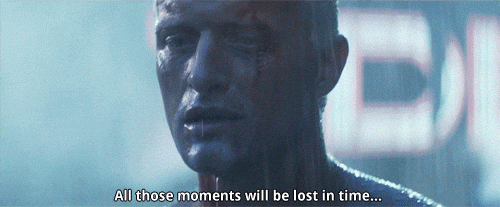Blade Runner, the iconic science fiction film directed by Ridley Scott in 1982, has left an indelible mark on popular culture. Set in a dystopian future Los Angeles, it explores themes such as artificial intelligence, identity, and what it means to be human. With advancements in technology happening at breakneck speed, the possibilities for Blade Runner's world are endless.
One potential direction could involve further exploration of AI-human relationships. In the original film, replicants were created by humans as slaves but eventually rebelled against their creators. As we continue to develop more sophisticated AI systems, how will these interactions evolve? Will there be a point where AI beings demand equal rights and recognition from humanity?
Another possibility is that Blade Runner's world could delve deeper into environmental issues. The film depicts a polluted, overcrowded cityscape with towering skyscrapers and neon lights. With climate change becoming an increasingly pressing issue, what if the storyline expanded to include more explicit discussions about sustainability, resource management, and urban planning?
Lastly, Blade Runner's future could also explore advancements in biotechnology and genetic engineering. The film hints at these concepts through the creation of replicants with enhanced abilities. In a world where humans can manipulate their own DNA or create entirely new species, what ethical dilemmas would arise?
In conclusion, Blade Runner's future possibilities are vast and intriguing. Whether it be exploring AI-human relationships, environmental concerns, or biotechnology advancements, there is no shortage of stories to tell in this captivating universe.
